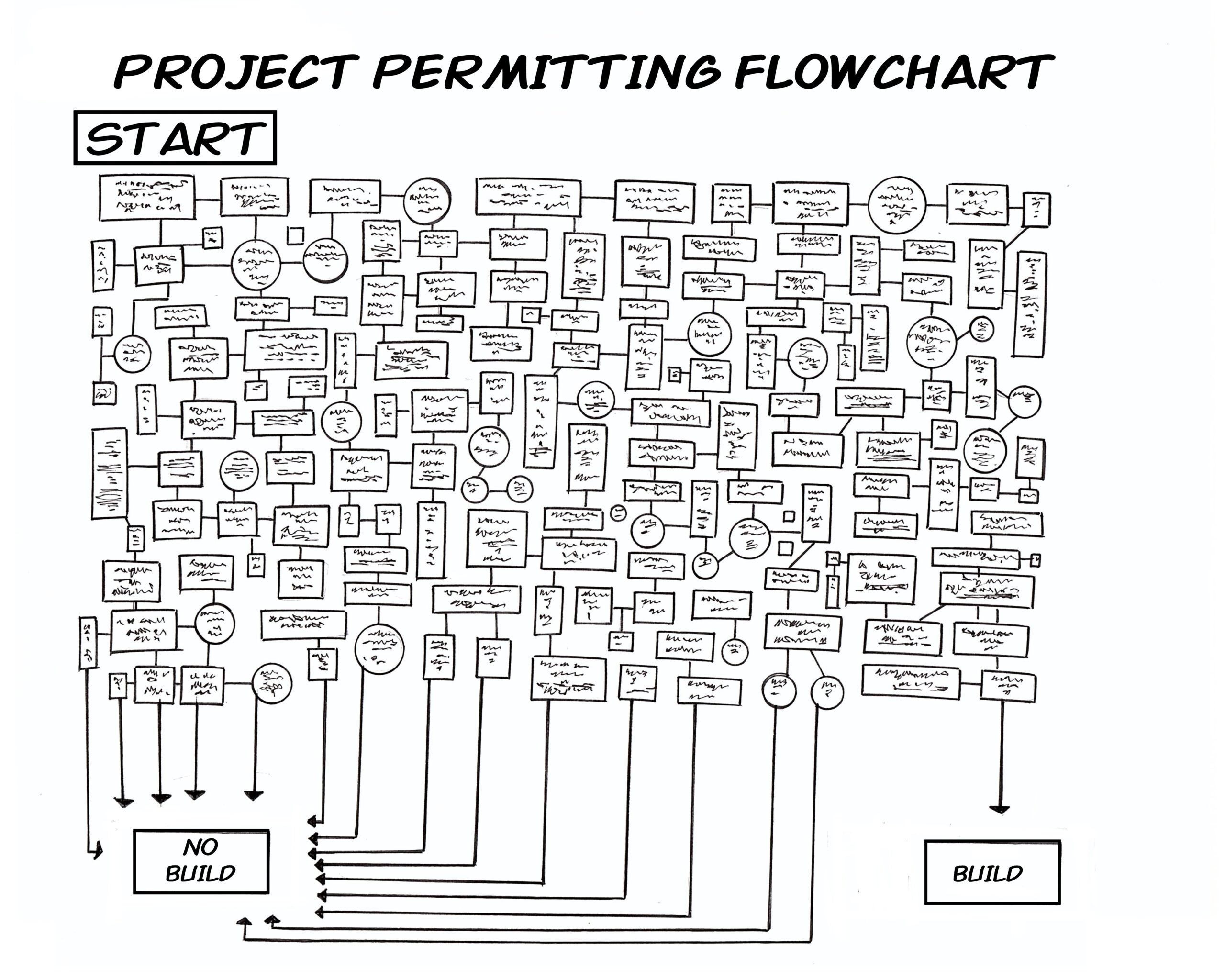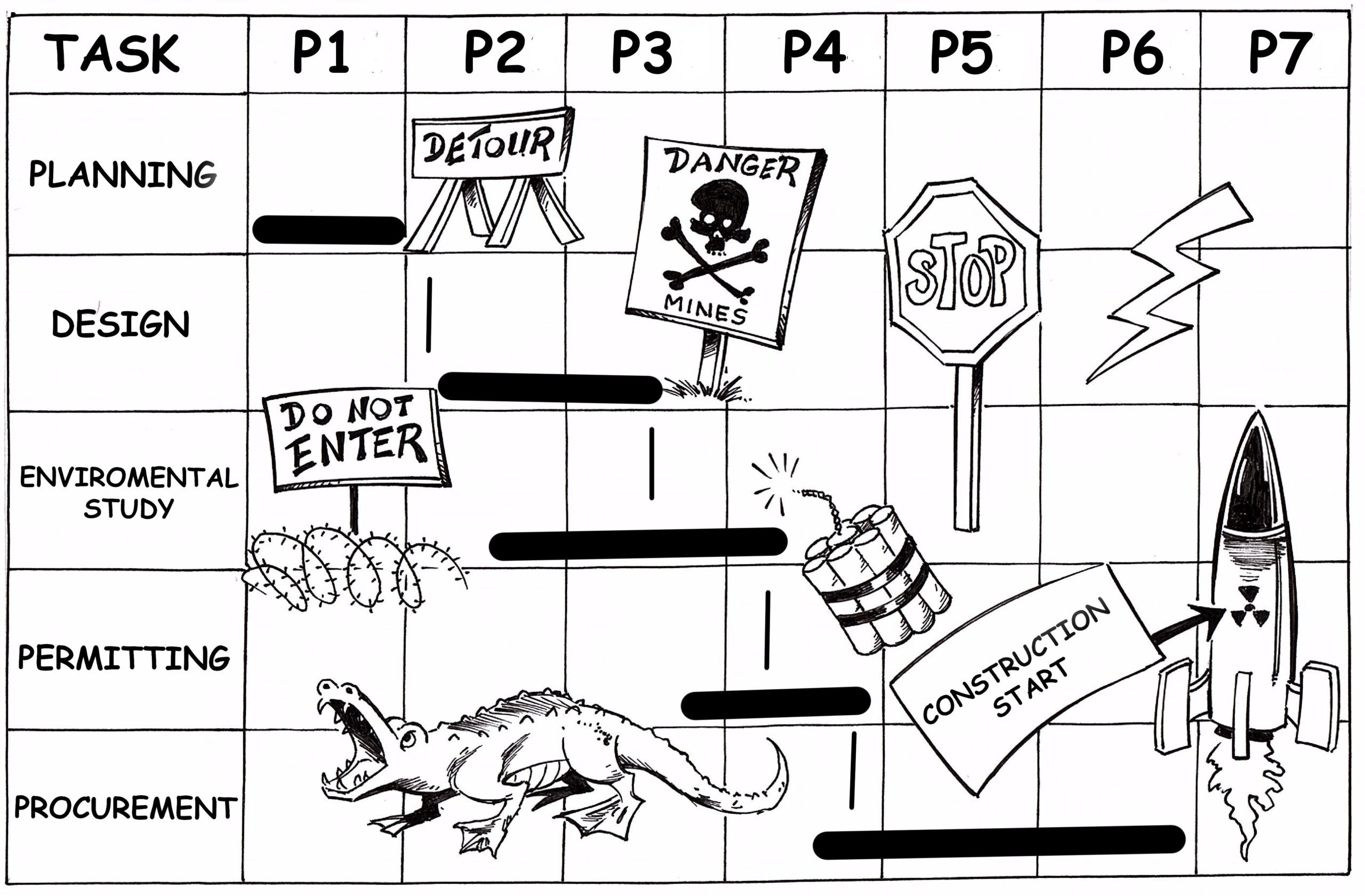When the public-private partnership (P3) to deliver the Uinta Basin rail project awarded a series of construction contracts in mid-2022, it appeared poised to do the impossible: actually start construction on the 88-mile freight rail line in Utah, which various sponsors had been trying to build since at least the 1980’s.
In May, the project won a very different victory at the Supreme Court instead, with an 8-0 ruling in its favor (Justice Gorsuch did not participate in the case) in Seven County Infrastructure Coalition v. Eagle County, Colorado. The project is currently under an injunction from the D.C. Court of Appeals stemming from environmental lawsuits brought by the Center for Biological Diversity and some Colorado communities, including Eagle County. The injunction was based, in part, on the conclusion that the project’s environmental study did not adequately study all of its impacts, per the National Environmental Policy Act (NEPA).
The case was a reasonably good vehicle for taking up the question of the outer limits of what must be studied under NEPA, in part because the project was enjoined for not studying impacts that were far afield to say the least. For instance, the project was enjoined, in part, because the Environmental Impact Statement (EIS) for this 88-mile train in Utah did not study air quality impacts in coastal Louisiana.



